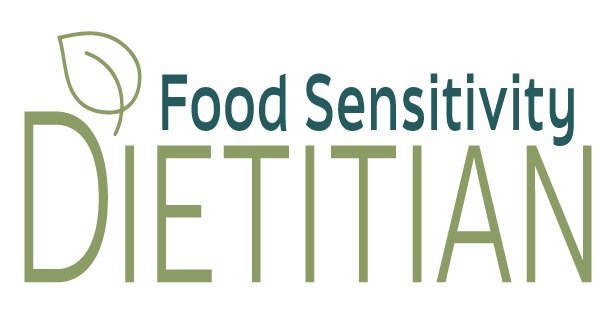Solanine, Nightshades, and Food Sensitivities: Digging Up the Truth
Some foods can cause sensitivities or even allergic reactions in certain individuals. One group of foods that has received a lot of attention in recent years are nightshades.
Nightshades are a group of plants that include:
potatoes
tomatoes
eggplants
peppers
paprika
tobacco
These plants are known to contain a compound called solanine, which can be harmful to some people.
What is solanine?
Solanine is a glycoalkaloid compound that is found in nightshade plants. This compound acts as a natural pesticide, helping to protect the plant from insects and other predators. However, when humans consume too much solanine, it can have negative effects on the body. Solanine is most commonly found in the leaves, stems, and unripe fruit of nightshade plants, but it can also be found in small amounts in ripe fruit and potatoes.
Food sensitivities related to nightshade vegetables are not uncommon and can cause several different symptoms such as:
eczema
bloating
diarrhea
constipation
runny nose
headaches
breathing difficulties
What Does Research Say?
A 2020 Study suggested avoiding nightshades in an anti-inflammatory diet since nightshades can increase leaky gut in the intestines affecting the microbiome and causing inflammation related to arthritis.
Another 2020 Study published in the Journal of the American College of Nutrition found that eliminating nightshade plants from the diet may be beneficial for individuals with autoimmune diseases, such as rheumatoid arthritis. The study found that a group of rheumatoid arthritis patients who eliminated nightshade plants from their diet experienced a significant improvement in their symptoms compared to those who continued to consume nightshade plants.
While more research is needed to fully understand the relationship between solanine, nightshades, and food sensitivities, these studies suggest that some individuals may benefit from avoiding nightshade plants or limiting their intake of solanine-containing foods. However, it is important to note that nightshade plants are a good source of vitamins, minerals, and antioxidants, so it is not recommended that they be eliminated from the diet unless a sensitivity or allergy has been diagnosed.
How do to get tested?
Are you wondering if you are sensitive to nightshades? Click here to learn more about the MRT Test, the gold standard food sensitivity test AND schedule a free 15-minute call with Kristen here to see how she can help you say GOODBYE to your pain/symptoms!

